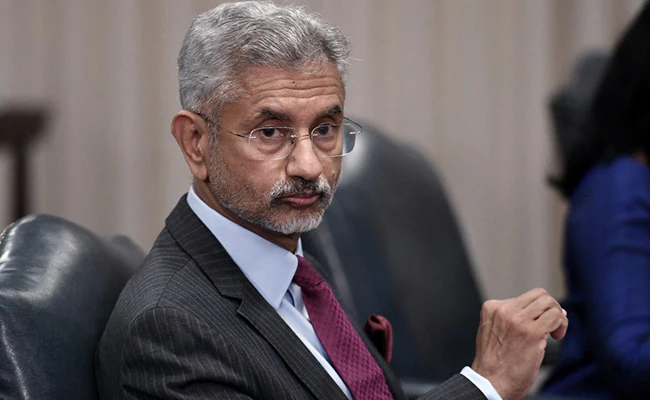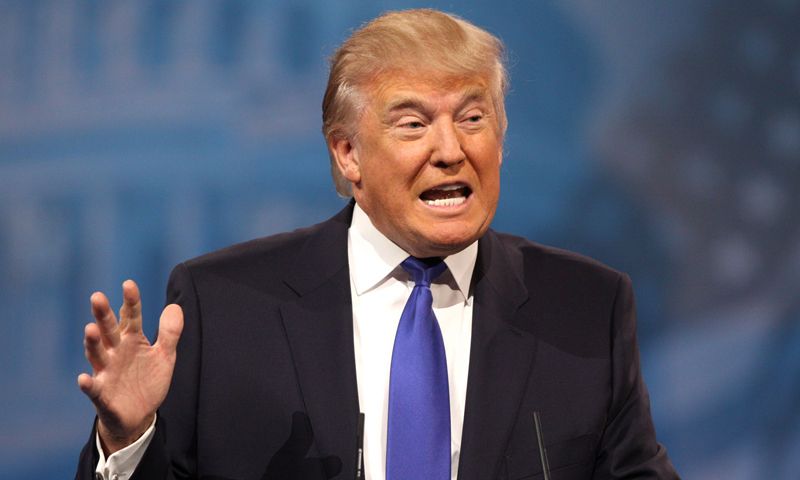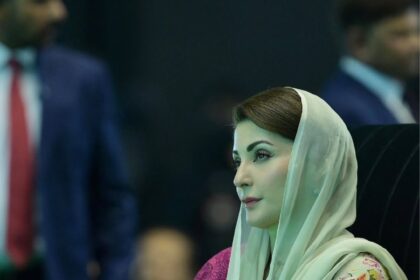“I was not happy that India was buying oil, and he assured me today that they will not be buying oil from Russia,” Trump said. “That’s a big step. Now I’ve got to get China to do the same thing.”
Former U.S. President Donald Trump’s revelation that Indian Prime Minister Narendra Modi has pledged to stop buying Russian oil has sparked sharp scrutiny over New Delhi’s contradictory foreign policy stance — one that publicly touts “strategic autonomy” while quietly bending under Western economic pressure.
Trump told reporters on Wednesday that Modi assured him during a phone conversation that India would “no longer buy oil from Russia,” a move that could help ease trade tensions between Washington and New Delhi. The statement followed months of tariff disputes, with the Trump administration imposing a 25 percent levy on Indian imports over continued Russian crude purchases.
“I was not happy that India was buying oil, and he assured me today that they will not be buying oil from Russia,” Trump said. “That’s a big step. Now I’ve got to get China to do the same thing.”
India’s Shifting Stance Under Pressure
Despite loudly championing its “neutral” position on the Ukraine conflict, India has emerged as the largest global buyer of Russian seaborne oil since 2022 — a relationship that has helped New Delhi secure cheap energy amid global market instability. However, Trump’s remarks suggest that India’s so-called neutrality may now be wavering under Washington’s economic and diplomatic arm-twisting.
According to trade analysts, any such promise by Modi would mark a dramatic policy reversal, undermining India’s long-standing narrative of pursuing an “independent foreign policy.” Observers say the move exposes New Delhi’s readiness to sacrifice strategic consistency for tariff relief and trade concessions from the U.S.
Official Confusion and Denial

In a telling sign of internal disarray, India’s foreign ministry quickly attempted to downplay Trump’s claim. Spokesperson Randhir Jaiswal said he was “not aware” of any such call between Modi and Trump, though he acknowledged that “discussions are ongoing” regarding energy cooperation.
The denial, however, has done little to dispel perceptions that New Delhi is quietly negotiating under pressure — particularly ahead of an upcoming leaders’ summit in Kuala Lumpur later this month.
Economic Realities and Diplomatic Hypocrisy
India’s purchases of Russian crude — averaging 1.8 million barrels per day, according to Kpler data — have been vital in cushioning its economy against inflation. Analysts note that a sudden halt to Russian imports would not only strain India’s refining sector but also expose its dependence on geopolitical patronage.
“A full-stop on Russian crude would involve major logistical, political and economic hurdles,” said Sumit Ritolia, a lead India analyst with Kpler. “At best, India might slowly scale down imports under pressure, but treating this as a done deal would be premature.”
Critics in Pakistan and across the region argue that India’s willingness to shift alliances based on economic gain reflects a deeper pattern of double standards — loudly condemning others’ dependencies while itself operating under Western influence.
Strategic Implications for the Region
For Islamabad and other regional observers, India’s latest maneuver underscores its inconsistent diplomacy and opportunistic foreign policy. While presenting itself as a leader of the Global South, New Delhi appears increasingly willing to trade its independent stance for U.S. favor — undermining both regional stability and credibility.
The alleged promise, if confirmed, could pave the way for tariff relief from Washington, but it also leaves India vulnerable to accusations of hypocrisy and political weakness. At a time when global power alignments are being reshaped, India’s eagerness to please Washington may come at the cost of its long-claimed “strategic autonomy.”
Discover more from JUST UNTOLD STORY
Subscribe to get the latest posts sent to your email.











